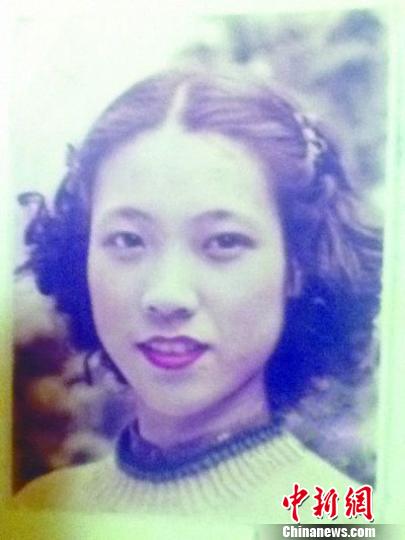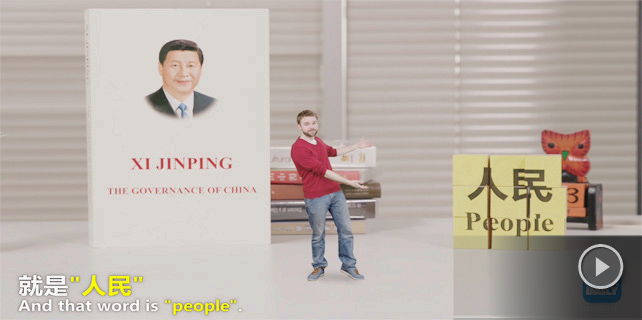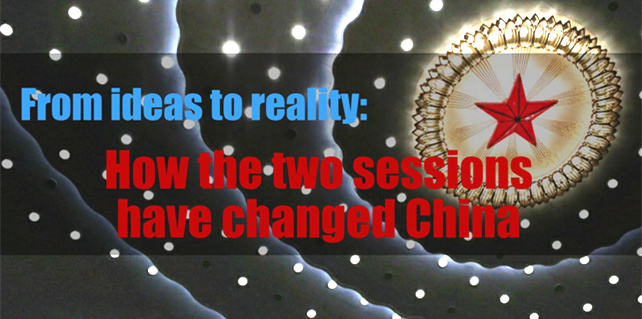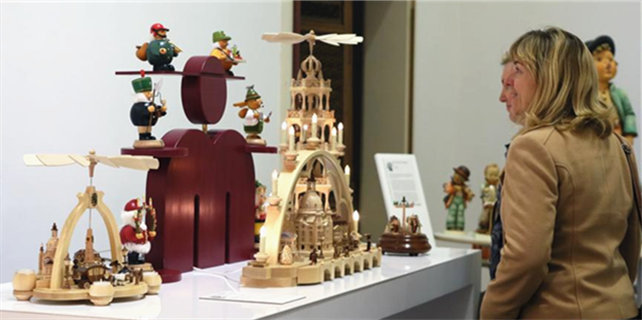'Sister Yun': Telling children's stories for 70 years
 |
|
Young Huang Qingyun. [Photo/Chinanews.com] |
Huang Qingyun spent her life telling stories to children and as she approaches her 97th birthday, she has no intention of stopping.
"I did this for children, from the first day I started to write stories. I am old now, but I still want to go on telling stories to children," Huang said.
Born in Guangzhou in 1920, Huang spent her childhood in Hong Kong and her favorite hobby was making up stories for her elder sister.
In 1935, Huang was admitted to the department of Chinese language at the Sun Yat-sen University in Guangzhou. During this period, she was greatly impressed by well-known Chinese educator Tao Xingzhi and was determined to become an elementary school teacher devoted to children's education.
However, instead of being a teacher, Huang found another way to educate children.
During World War II (1939-1945), Huang often told stories to homeless children at the Little Children Society, a charity established by a professor from the University of Hong Kong.
Readers called Huang "Sister Yun" due to her column "Sister Yun's Mail Box" in Xin Er Tong, a children's magazine set up in Hong Kong in 1941. From then, Huang officially started her writing career and went on to create a large number of stories for children. Huang spent about 30 years at the magazine working as chief editor from the 1950s to the 1980s in Guangzhou.
In her stories, Huang showed a strong empathy for the weak and poor.
"Girls, often inferior to boys, are more vulnerable among children," Huang said.
Thus, in Huang's stories, smart and lively young girls from lower class families are always the heroines, who fight against the evils and privileges.
Retired in 1987, Huang moved to Hong Kong and went on creating stories for children, including I Love Hong Kong, Children from Hong Kong and Shoes Brothers.
"What I wrote were all for children and for me writing fairy tales is my favorite," Huang said.
Huang also wrote a widely known biography of young martyr Chen Tiejun, which was adapted into the 1980 film A Wedding on the Execution Ground and a series of operas.
The biography was based on Huang's pieces on Chen Tiejun and her lover Zhou Wenyong who died in 1928. Premier Zhou Enlai found her work and urged reporters to go ahead with an in-depth report of such a moving life. Huang was greatly encouraged and accomplished the biography after conducting more interviews.
















